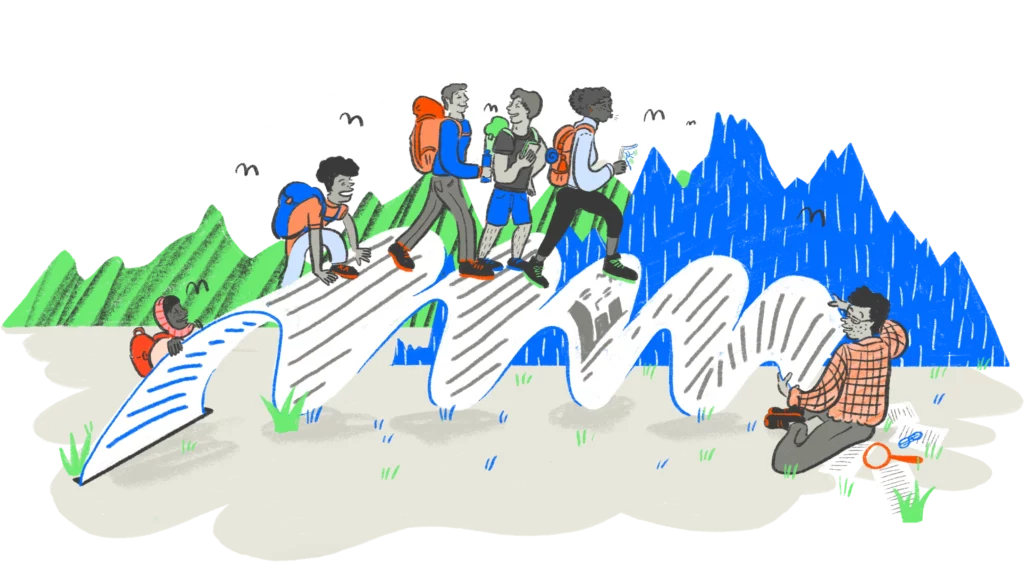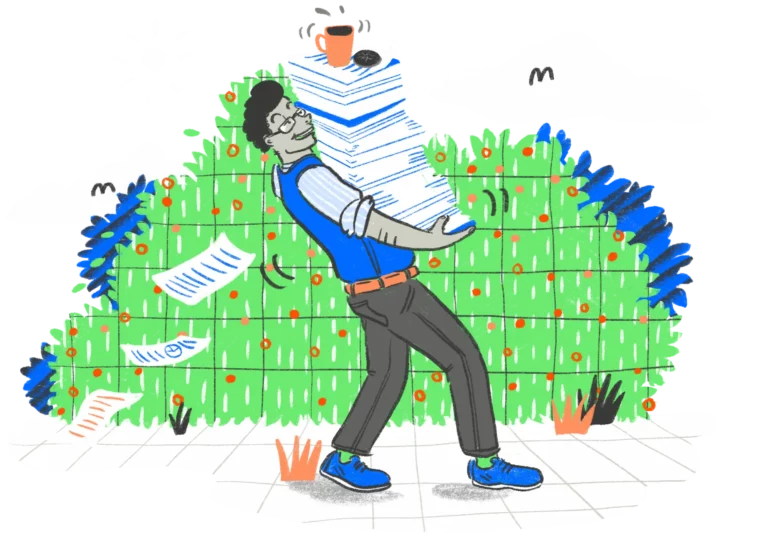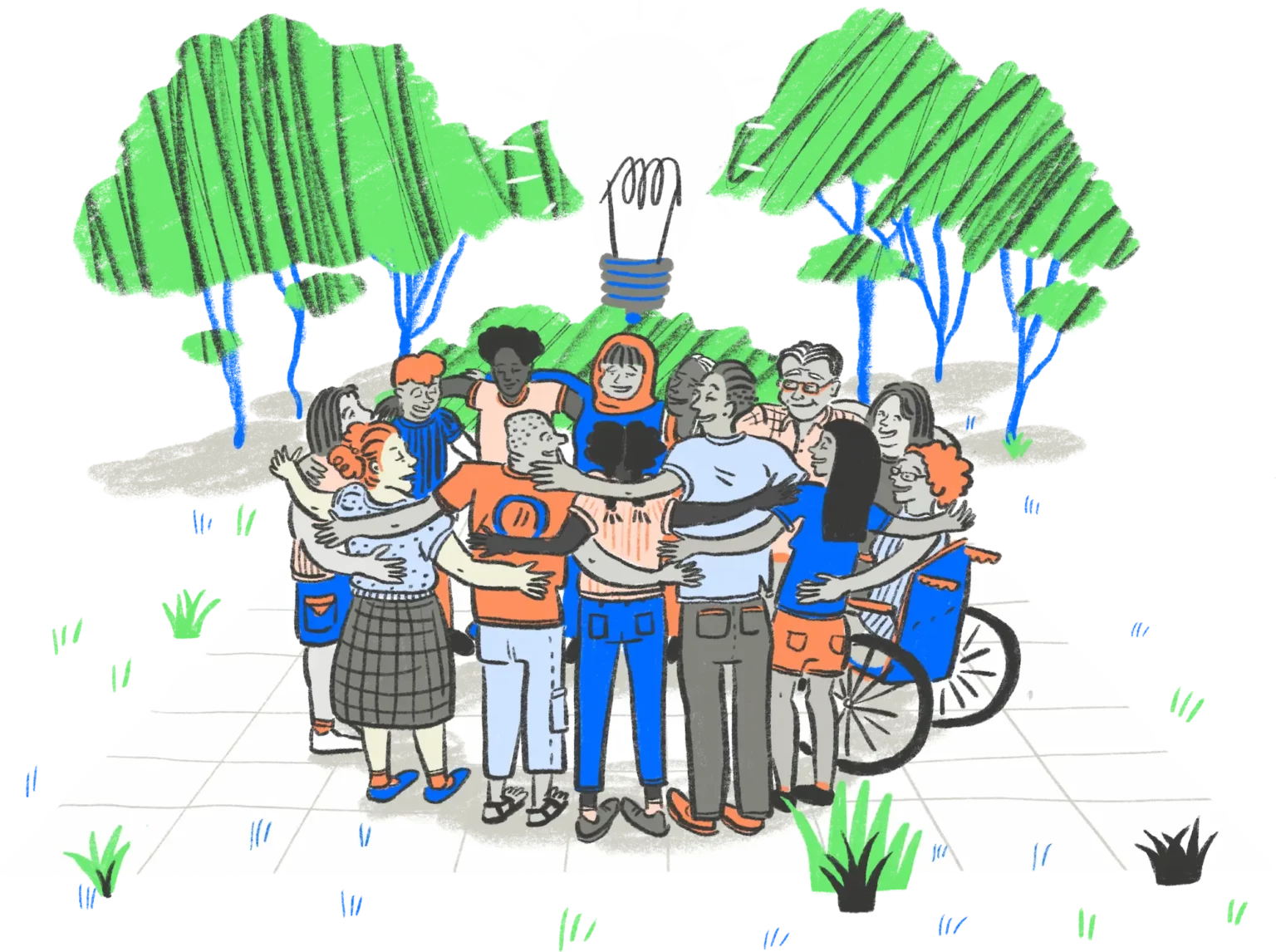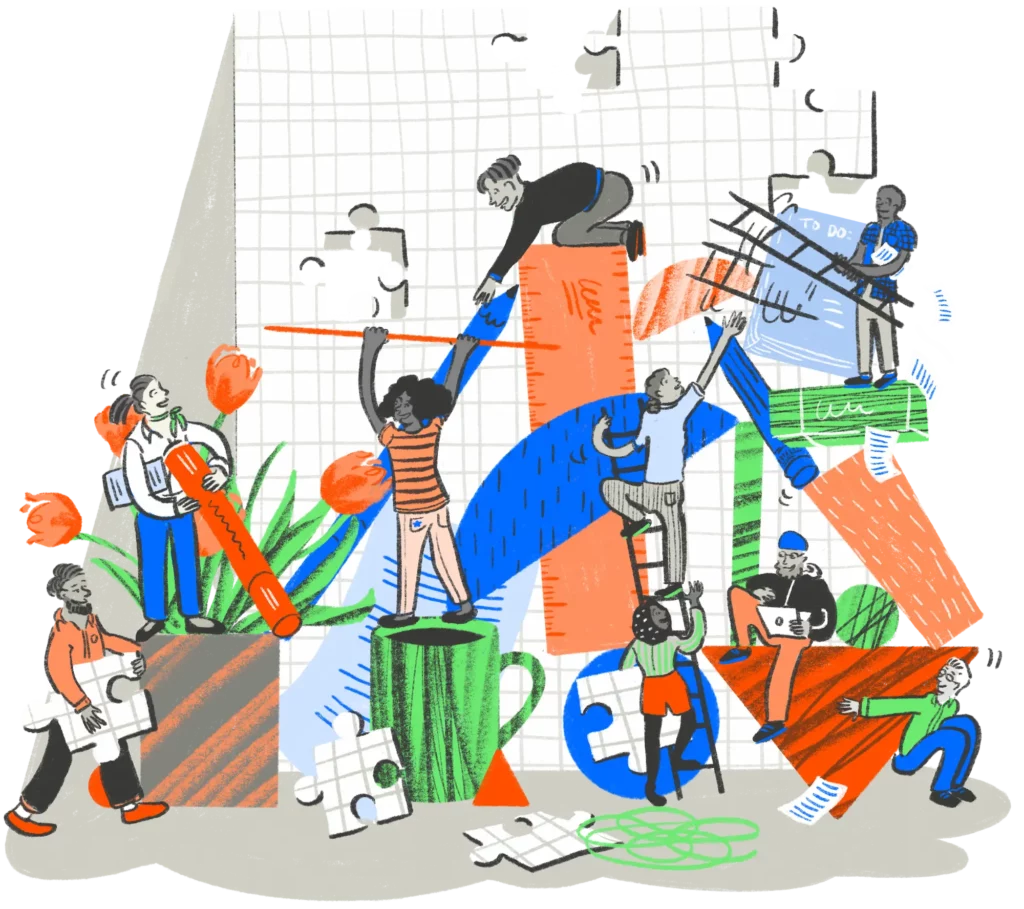We all work to make a difference. In organisations, it’s tough to keep things going, especially with recent pandemic challenges. Horizons is here to help.
With years of experience, we’ve gathered methods and skills to support our partners. Here are some of the key approaches we use.
Explore our methods
Learning Partnerships

Our ‘Learning Partnership’ model has become increasingly popular in recent years, particularly with local authorities and Health and Social Care Partnerships. Our approach is rooted in Action Research and combines the rigour of research with practical application.
Clients are able to curate a three, six or twelve month partnership where they can draw down our capacity and expertise in research, evaluation, policy, service design, digital design, organisational development, and system leadership.
Clients decide which services they want to include in the partnership as a cost-effective way to bring specialist skills and extra capacity to services, in a spirit of learning.
If you are a manager in public services you might want to consider a learning partnership with Horizons where we can travel alongside you and provide practical support.
Research and Policy
Our cycle
Much of the work we do seeks to connect policy and practice. We work in the space where practice informs policy and policy informs practice. We tend to work through a tried-and-tested cycle:
How we do this
Literature reviews
Qualitative and quantitative fieldwork
Comparative studies
Lesson learning studies
Recommendations, reports, think pieces, digests, thematic briefing papers

Communication Design
A core aspect of our work involves communication design. Our creative team works closely with our researchers to produce open and accessible digital resources and tools.
Working with our research team, we are also able to use design thinking and creative methods to engage with those with lived experience of services.
We design and build

System Change
We have a particular interest in working with leaders who operate across organisational and system boundaries to facilitate social change and to develop shared leadership of complex challenges.
We specialise in development interventions which respond to the distinctive context and needs of your team, organisation or community. We offer programmes, focused on particular leadership aspects (eg leadership of change, communication and influencing skills, team and system relationships), all designed to help embed leadership capability and build confidence over an extended period of time.

We give leaders time and space to
Think
Reflect on their thought process to choose how they want to act as leaders
Build
Build the confidence and capabilities needed to lead teams and communities facing complex challenges
Reflect
Become reflective practitioners, noticing and working with their own behaviours and those of others in order to develop strong relationships and collaborative environments
Generate
Work across personal, organisational and system boundaries to generate shared purpose and shared ambition for change
Prepare
Prepare for the future: developing the skills, practices and tools that support leadership of a rapidly changing future.Work across personal, organisational and system boundaries to generate shared purpose and shared ambition for change